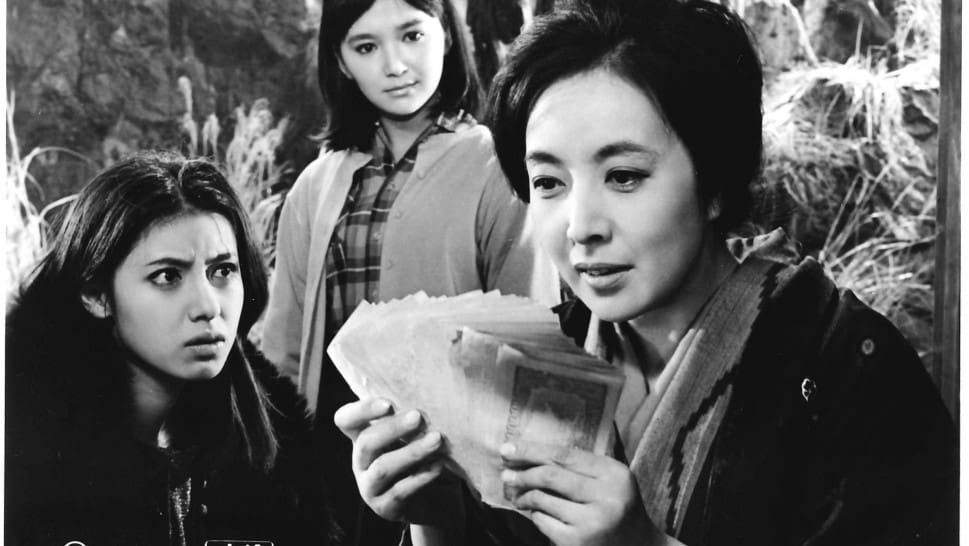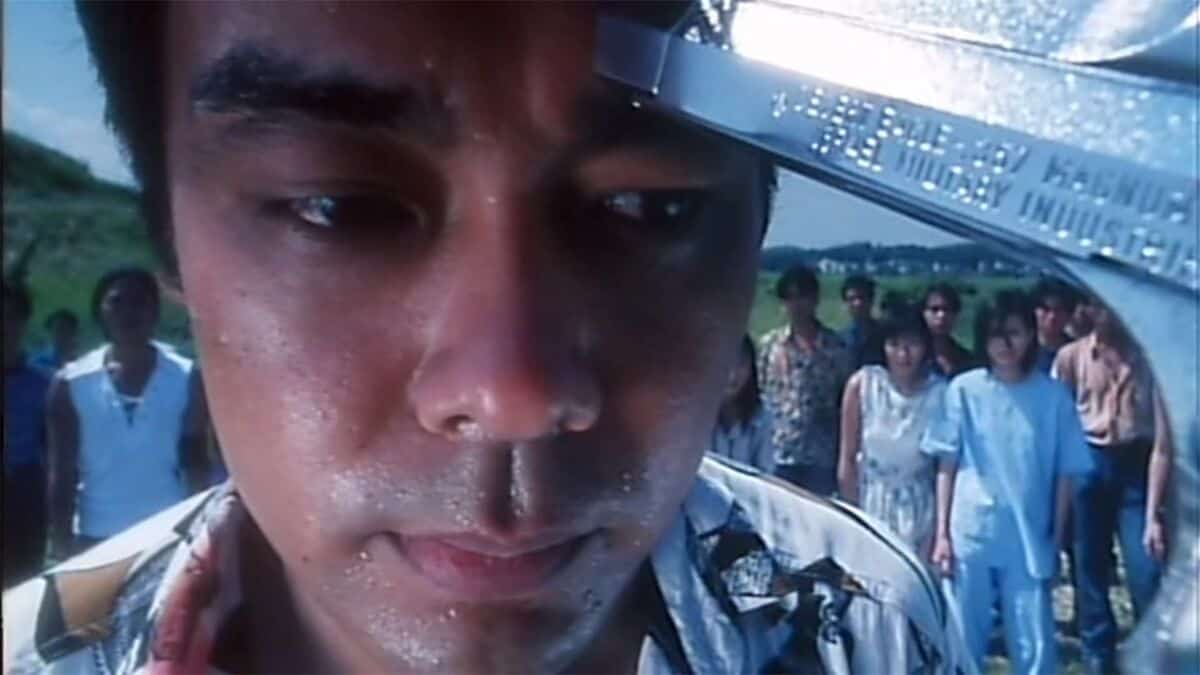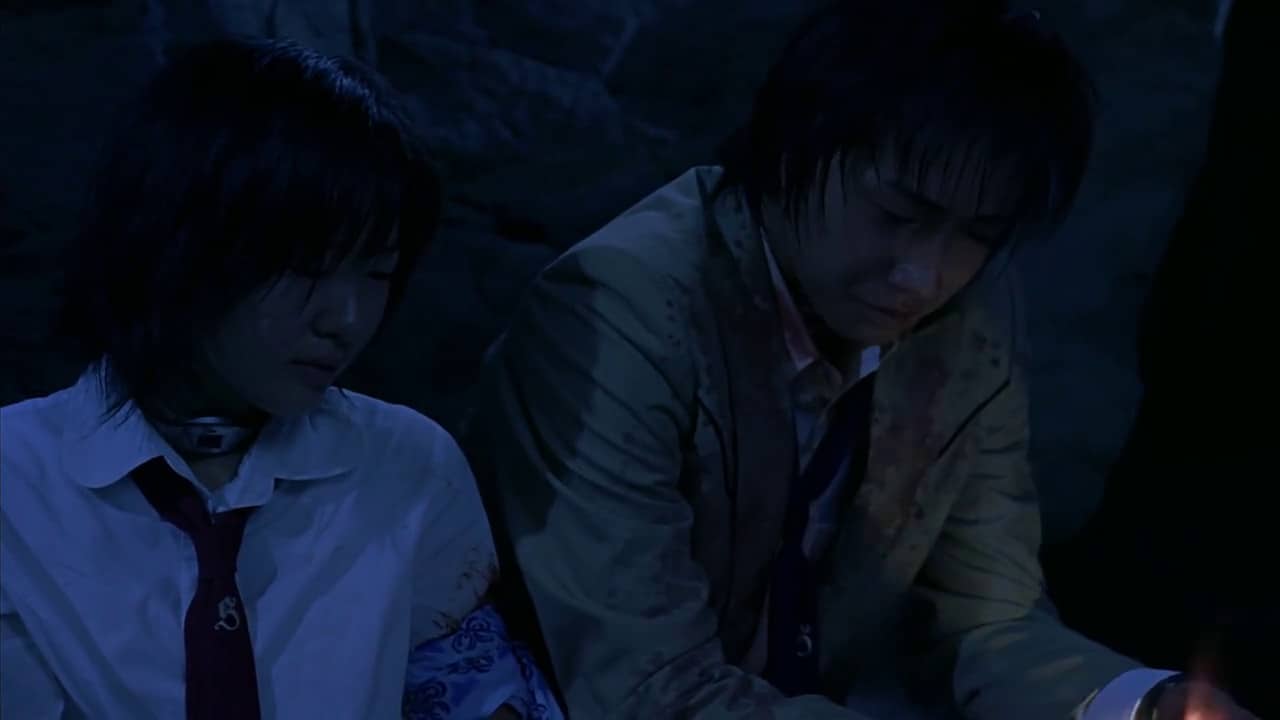Ms. Purple, the title of the film, works as an emblem of the experience that it wants to present. The film was a part of the Sundance film festival earlier this year, and it was screened at the prestigious Busan Film Festival under the umbrella of the World Cinema.
“Ms Purple” is screening at Toronto Reel Asian International Film Festival

The protagonist, Kasie, is made to wear traditional Asian apparel in one of the scenes. She is praised for how effortlessly she could carry the purple color of that dress and how this color suits a person very rarely. But there's not even a hint of a smile on her face. We are made to observe the lack of emotions that brings this character back to her inescapable reality. Being an Asian-American, Kasie is somehow still perceived by her looks and no matter how much she tries to establish a life for herself; those roots are stuck with her for better and for worse. A moment like this takes a drama primarily about estranged siblings to a whole other level, where the circumstances in the present aren't just about their personal failings. The film is poignant enough to infuse that while investing the viewers in her aloof existence.
Kasie isn't particularly happy with the job she needs to do. Working as a hostess who's paid by the rich businessmen for their individual pleasure is of course by no means, a pleasing job. But she keeps a happy face around them. It's strictly for a job that pays her well whereas otherwise, she lives almost with an empty face. There's very little room she has chosen to give for her individual indulgences. For the same reason, even when a kind-hearted valet speaks with her, she's a little more hesitant to interact with him. There's a sense of slight fear to build any kind of relationship, be it romantic or of any other kind.
The reason appears to be a chain of broken relationships she had to go through in the past. Having a motherless childhood where it was her kind-hearted father who raised her from an early age, Kasie's life remains to be working towards someone else's happiness and not her own. Her unpleasant job earns her just enough pay for her father's treatment. Even through the flashes from the past, we see how she doesn't want to be a killjoy like her brother. She takes all the virtues of her father, but her brother seems to have an adversely opposite effect by such an unstable upbringing. As a result, he becomes apathetic and jobless as an adult. And all this while, their mother appears as someone who became distant from such responsibilities while abandoning them (in their growing years), for wealth.

The script certainly gets such deeper character-dynamic really well with the understanding of ground reality. But the way that these characters speak out the exact feelings that they are going through, makes it almost a little mechanical at times. The characters express vocally whether they're sorry, guilty, embarrassed while every other aspect had enough strength to explain it, without the unnecessary telling. With the actors of such potential, the script could have been less expository in terms of its dialogues.
The cinematography of Ms. Purple is lush and lit with vibrant tones yet it is sound enough to not bring complete attention to itself. And the understanding of mise-en-scène in terms of the required depth in a frame brings out the emotional core as well. The editing and its soundtrack also help to resonate with their pathos.

But much of its stylistic charm (although impressive) seems to be borrowing so much from its influences that the creative decisions do not appear to be completely original. Albeit that, I would be lying if I say that the film didn't pull my heartstrings. And apart from the technical proficiency, it is Tiffany Chu's reassuring portrayal as stout-hearted Kasie that kept my faith in her journey intact. “Ms. Purple” deserves an absolute viewing for her performance alone.















